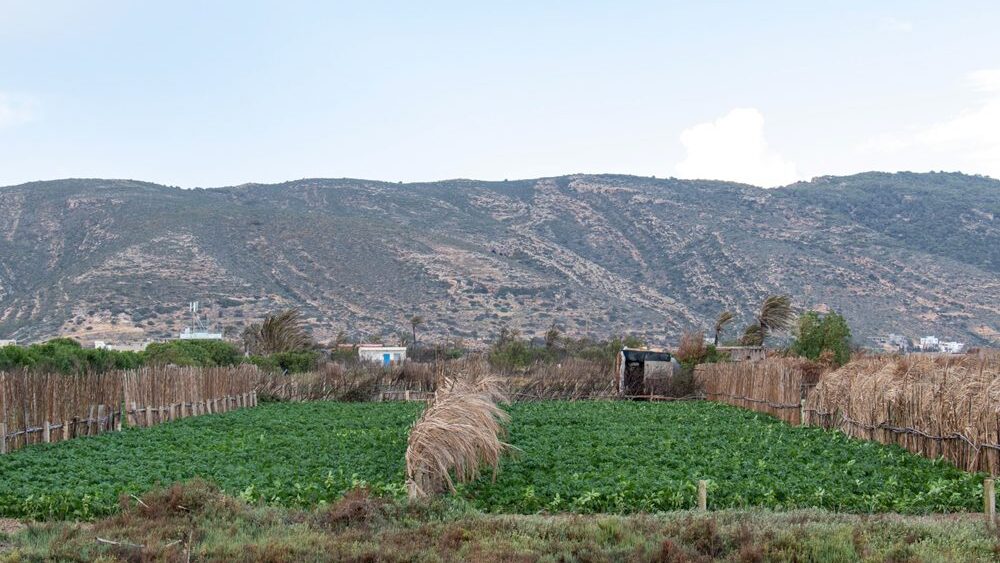
The European Commission and specifically Germany’s wish to promote the production of hydrogen energy in Tunisia is inflaming the nation’s already dire economic conditions as critics proclaim that Europe’s artificial thirst for green energy is harming food security and water supplies in the country.
The crisis-ridden North African state has been in the headlines as of late due to its partnership with the EU in helping to stem illegal migration across the Mediterranean. Tunisian President Kais Saied has been chastised by human rights groups for his treatment of sub-Saharan migrants within his own borders and rapid consolidation of power.
Tunisia, the birthplace of the Arab Spring, has been wracked by eye-watering unemployment since the 2011 revolution, with fears of political turmoil a major motivating factor for the Tunisian government’s recent rapprochement with the West.
A major pillar of the EU-Tunisian Memorandum of Understanding signed in July was the promotion of renewable energy in Tunisia, specifically hydrogen, a costly process involving the electrolysis of water with electricity.
As part of this agreement, Tunisia has agreed to provide the European market with hydrogen energy using desalinated water and energy created using solar power that will be shipped to Europe using four already existing gas pipelines in a project spearheaded by Germany.
Both farmers’ groups and environmentalists have called into question the ongoing requisition of agricultural land previously in common ownership in the south of the country by the Tunisian government to hand over to Western companies to facilitate hydrogen production.
Reports have already filtered through of Tunisian farmers being unethically muscled out of land by unfair contracts with the Tunisia government, unable to benefit from any of the hydrogen energy produced due to a lack of workable infrastructure as the nation’s own domestic energy company’s grid nears collapse and blackouts grip major cities.
“Our problem is not with green energy; our problem is with the fact that we saw nothing from these companies; they gave nothing to the region, not even hiring local workers,” lamented one Tunisian farmer as he witnessed 400 hectares in his community being confiscated at the behest of one German company.
Fears that Tunisian energy production is being redesigned solely to cater to the European export market are compounded by additional complaints by environmentalists that hydrogen production could trigger a water crisis in the African nation, with one kilogram of hydrogen requiring an estimated nine litres of water.
Collapsing confidence in the viability of hydrogen production even in Europe has become so dire that it merited a stern editorial from The Guardian last month as experts warned that the EU’s wish to ramp up production by 2030 risked tipping the Global South, and specifically Tunisia, into decades of food and water shortages as well as energy poverty.
